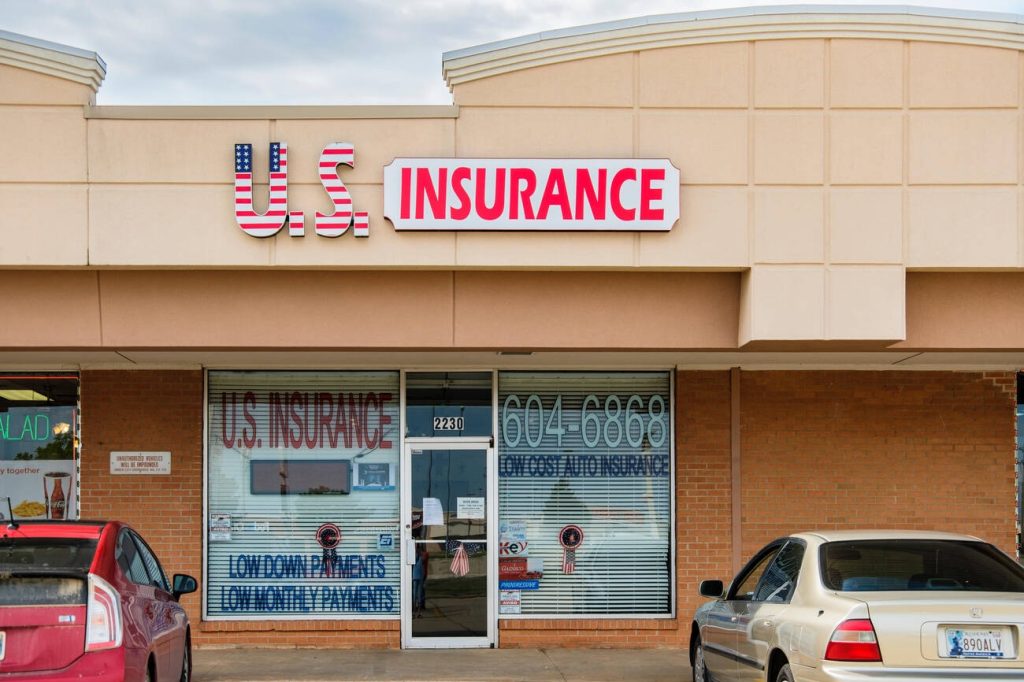Insurance companies play an important role in restoring their customers’ financial positions after certain events or setbacks. The person who will benefit from the payment becomes the insured and will receive a lump sum of money as per the insurance agreement.
However, it’s not always the case or the wish of the insured to get such payments after suffering a loss but a means to get a restoration in case the worst happens. Hence, you may have insurance for property for years without ever making a claim but know you are protected.
Therefore, if you own a home, it’s important to protect it with home insurance for a small payment. It’s like a guardian angel for your family home, ready to come in and save the day if something unfortunate occurs. But have you ever wondered how these insurance companies make money, yet they are likely to pay hundreds of times more than they receive for the cover?
Let’s explain how the insurance business, particularly home insurance, works and the mathematics behind its profit-making.
Understanding How Home Insurance Works
Home insurance consists of an agreement between you and the company. You pay a small amount of money, and the insurance company will protect your home and household assets against covered events that lead to losses.
For instance, a house fire insurance payout is the amount your insurance company will pay you after a fire. Say you had insured your house worth $125,000. The company may tell you the fire claim ranges from $50,000 to $100,000, depending on the damages caused. After that, you can redo or sell your fire-damaged home.
How home insurance companies make money is a strategic move that requires wise decision-making. Accurately assessing risk and collecting premiums involves investing strategically in assets and managing expenses. It also involves cushioning the company against catastrophic losses. Hence, once all these factors have been taken care of, the companies can not only stay in business but continuously grow despite all the challenges in the market.
Here are the strategies the company’s employ to make profits and continue surviving in the industry.
Money In vs Money Out Strategy
To understand how insurance companies make money, you need to understand their source of funds. Customers purchase policies by paying premiums, which act as the lifeblood of an insurance company. When consolidated with the premiums of thousands of homeowners, the company can pool huge funds together. This amount of funds is adequate to pay for fewer claims launched per year. The net of the funds is what the companies regard as gross profit.
Investment of Funds
Besides having reserve funds from net premiums, the insurance business improves by investing in them. Instead of holding the funds idle, the insurance company invests them in various assets, including stocks, bonds, real estate, and other financial instruments. According to the market analysis, the company aims to increase profits and expand its financial reserves by strategically investing in these assets in various proportions.
Prudent Cost Management
Running an insurance company involves several major costs that can affect the company’s profits if not well managed. There are also overhead costs to cover utilities and advertising expenses. However, for the company to be successful, it has to implement cost management measures to set limits for every cost area and operate efficiently. By streamlining processes, leveraging technology, and negotiating favourable contracts, they can keep costs in check and maximise their profits.
Managing Risks
Insurance is all about evaluating insurance policies, determining premiums and managing risk. The companies employ risk analysts and financial experts to determine the company’s level of risk appetite and predict the chances of events happening in the future. These analysts process data, enabling insurance managers to understand whether they pose more risk to the company. That enables them to determine how much premiums to charge you due to your likelihood of launching a claim.
Other factors they consider include the security and location of your home, your age, and whether the construction materials are more prone to catching fire or being destroyed by extreme weather conditions.
Reinsuring the Risk
Even when a company employs the most effective strategies to manage risks, there are still some risk elements it may not be able to handle. Hence, it needs to also insure its risks with another insurance company. In case of those risky events occurring, reinsurance will compensate for the transferred risks at a small fee. Therefore, spreading the risk to multiple reinsurers ensures that the insurance companies protect themselves against major losses that could endanger the business’s survival.
Conclusion
Offering insurance is not a complicated business, but it can be complicated without implementing key strategies. Otherwise, it can be a very profitable business, especially for home insurance, where the risks involved are less likely to occur. So when you pay for home insurance, just know that you are not only protecting your home but also contributing to the growth of the insurance company.



